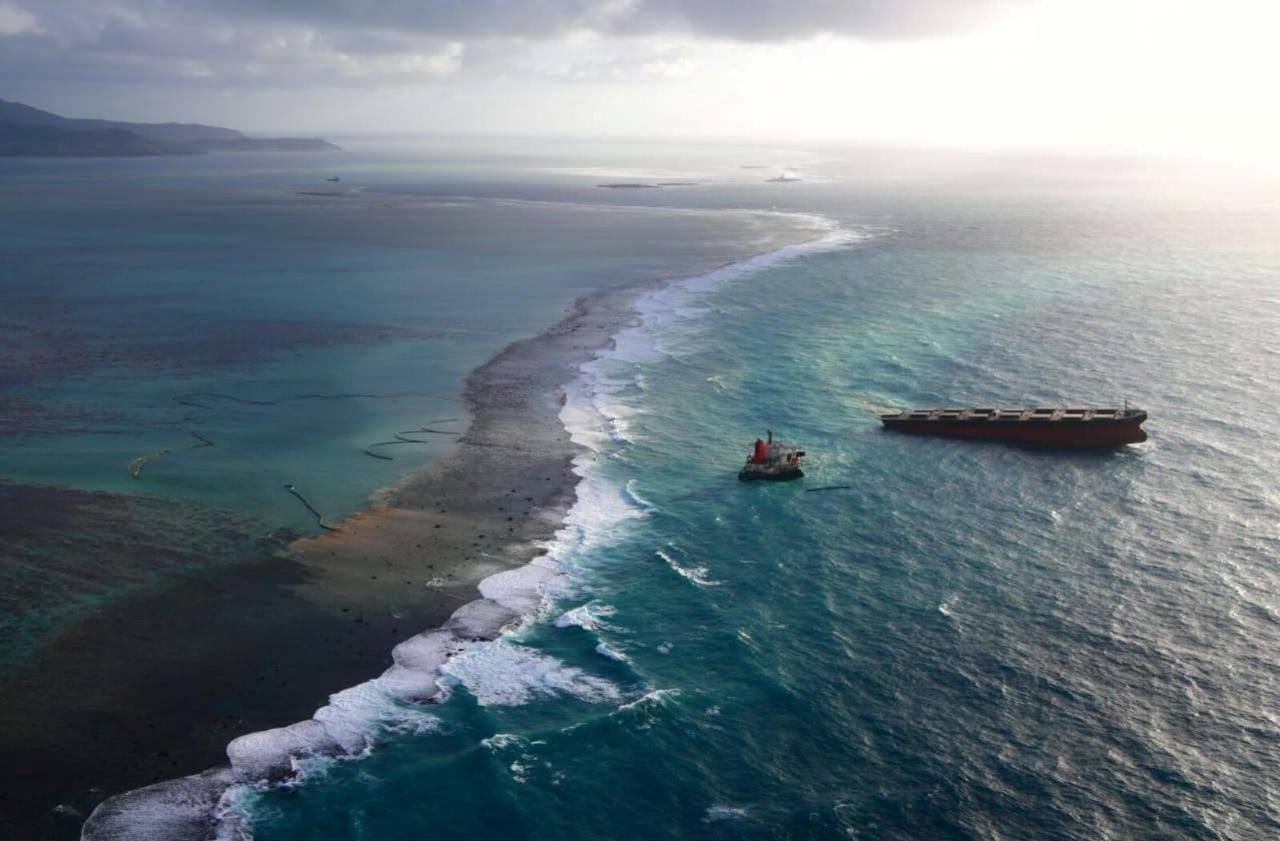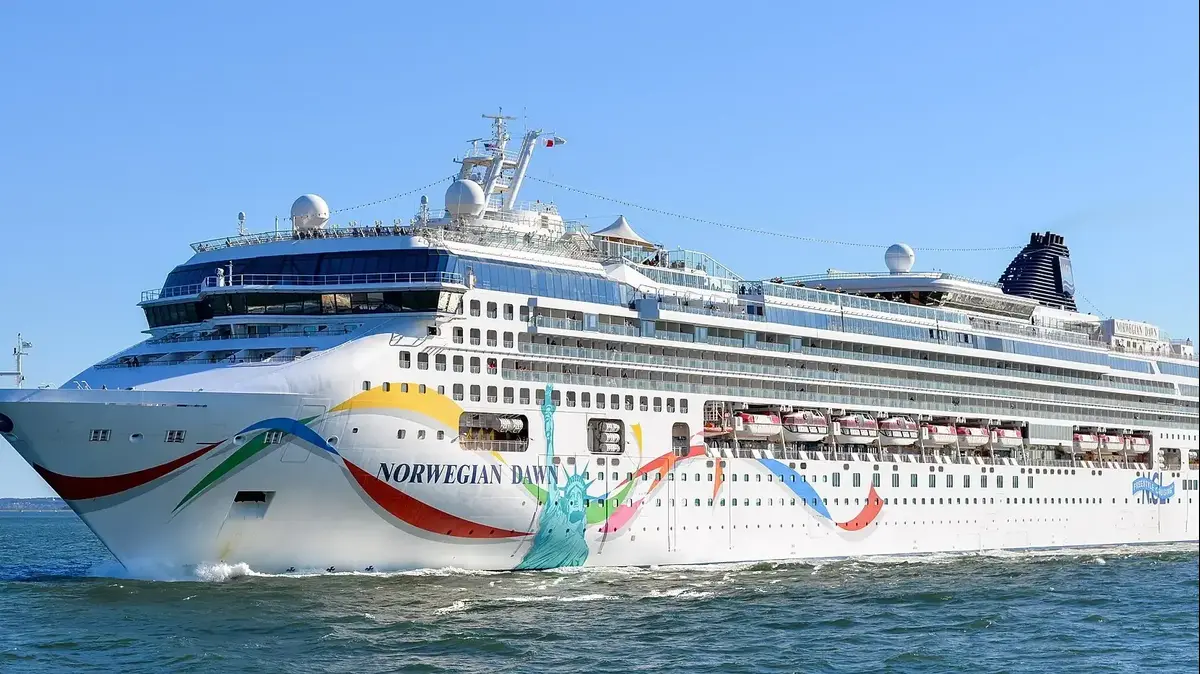It was a shipwreck, in crystal clear waters, that shocked the whole world: the Japanese bulk carrier MV Wakashio ran aground on July 25 on a reef at Pointe d'Esny, in the south-east of Mauritius. Between 800 and 1000 tonnes of fuel oil have since escaped from its gutted blanks and soiled the coasts, especially protected areas sheltering mangroves and endangered species.
An accident which revives painful memories of oil spills, deeply rooted in memories, such as the shipwrecks in France of the Erika and the Prestige, in the early 2000s. In 1978, it was the Amoco Cadiz, a beating supertanker Liberian flag, which spilled 227,000 tonnes of oil over 150 km of Brittany coast. The worst oil accident off the Hexagon so far.
However, this type of event is tending to become scarce: while international maritime transport is now responsible for around 90% of world trade and the volume of oil trade is constantly increasing, the number of oil spills recorded through the globe keeps falling. Three were counted last year. A “better” which owes a lot to the rise of regulations, to the increase in controls, and to greater cooperation between countries.
Stricter countries that influence the "lax"
European ship safety policy first evolved, with the adoption of the three “Erika packages” of 2000, 2002 and 2005, following the accident of the same name. They have significantly contributed to developing the rules governing the design and operation of ships at international, European and national levels.
Innovation is also an important factor. Oil tankers are now systematically “double-hulled”, explains Stéphane Doll, director of the Documentation Center for Research and Experimentation on Accidental Water Pollution (CEDRE).
Vessel control and inspection policies have also intensified. Since the Erika, France has notably doubled the number of security center inspectors. In terms of control, the French flag is now fourth in the classification of the Paris Memorandum, which brings together 27 States with common control procedures and regular cooperation on maritime matters. These countries with "tighter" regulations are responsible for a majority of trade, and also have a positive influence on "more lax" countries, recalls the director of CEDRE.
To prevent ships from voluntarily degassing or polluting off the coast, “we also had to shake the stick,” explains Stéphane Doll. For those who get caught, the fine has gone from 50,000 euros to nearly one million euros today: a “much more dissuasive” sanction.
Super container ships in the sights
The resolutions of the various trials over the course of the oil spills also played an important part in reducing the risk: after the 1978 sinking and after a legal marathon, the American oil group Amoco was ordered in 1992 to pay the equivalent. 35 million euros to polluted municipalities, and nearly 160 million euros to the State.
Newsletter - Most of the news
Every morning, the news seen by Le ParisienI'm registering
Your email address is collected by Le Parisien to enable you to receive our news and commercial offers. Learn more
"This disaster brought the oil tankers out of impunity and consolidated the powers of the maritime prefect," then said the former Minister of the Environment, Corinne Lepage.
VIDEO. Brazil: 130 beaches affected by mysterious oil spills
Now, tankers are heavily guarded vessels. But bulk carriers, like the Wakashio, “are a little less so”. For the director of CEDRE, all eyes are now on the super container ships and the gigantic size of the new freight vessels. "Some ships now carry almost as much fuel as what the Erika carried in its time," notes Stéphane Doll.
With nearly 24,000 containers on deck, these new ships also carry a wide variety of materials and products. A “chemicals hypermarket” which, combined with a particularly large fuel leak, could prove to be a particularly devastating cocktail for the ocean.
New threat off Yemen
If the risk has decreased significantly in the space of 20 years, it will never really go away. With a very low price of hydrocarbons and the coronavirus crisis which poses serious threats to employment and in particular to ship crews, the risk on the maintenance of oil transport "is now increased", according to Stéphane Doll.
In early July, the UN warns of the presence of a 45-year-old tanker abandoned off Yemen, the Safer. Disagreements between the rebels and the international organization prevent any inspection of the ship, which is deteriorating rapidly, posing the risk of "leak, explosion or fire" on this tanker containing 1.1 million barrels of crude.
And for good reason: according to Ian Ralby, CEO of IR Consilium, a global maritime consultancy firm, “the oil spill off Mauritius, which has caused tragic damage to the marine environment and which will probably last for a generation. , represents less than 1% of what will be the Safer oil spill. "








